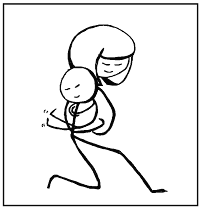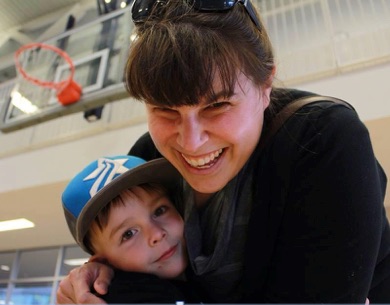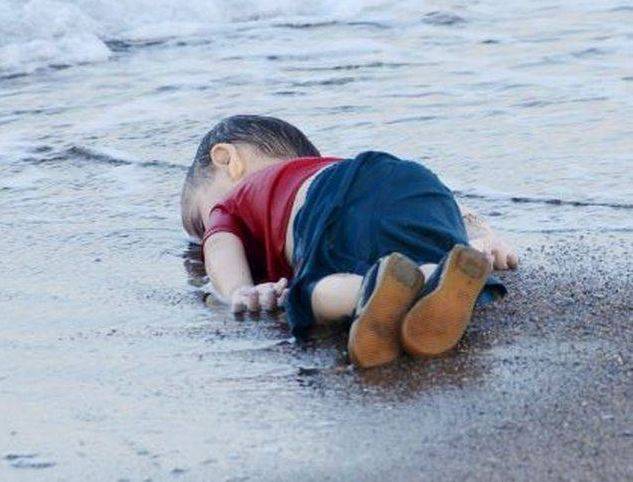
So, it has been surprising for me to realize, now that I am a mother, that hand-me-downs have actually started to get on my nerves. The process of receiving hand-me-downs is not so much the issue. Rather, because I actually believe hand-me-downs are the more ethical choice (better for the environment, avoiding child labour, simpler living etc.), I feel pressure to put my daughter in whatever clothes we receive despite the fact that at least half of them might not be what I would choose to have her wear.
Permit me to elaborate. I have a ten-month-old daughter. And my husband and I, as students and people interested in living simply, are both in favour of hand-me-downs and somewhat dependant on them. We are also intensely grateful that we have a community that supports us by basically clothing our daughter for free. For us, the catch lies in the prevalence of pink, bedazzled, puppies-with-bows-on-their-heads, ballerina-tutus, halter-tops, and lace bodices which our baby receives à-la-garbage bag.
Let me be clear: I am not pink bashing. A bit of pink and sparkles here and there is great amid a myriad of other hues and fashions. But, as Jo B. Paoletti author of Pink and Blue: Telling the Girls from the Boys in America states, by the age of 3 or 4 children have begun to associate themselves with the gender binary preformed through our wardrobe choices. Just as lessening our consumer footprint is a matter of justice, so are the unspoken messages we send our daughter as she discovers who she is. Many messages we may send unconsciously, but we do get to choose what clothing we put her in for the next couple of months. These clothes will help define what she perceives as her options as she grows and tells us, her parents, more about her identity. I hope we are able to give her the tools (not only clothes) she needs to express herself – and mostly in hand-me-downs.


 RSS Feed
RSS Feed
